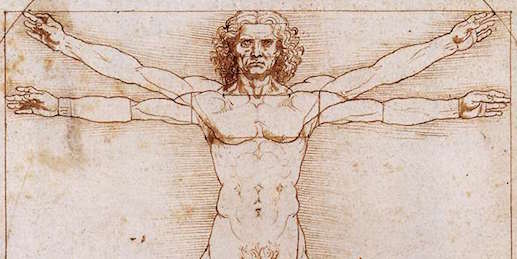The debates between what are called “dictionary atheists” and “social justice warriors” reveal an intriguing tension: Does the lack of belief in a deity imply anything about one’s ethics or politics? Or better put, is a progressive politics and socially liberal ethic a more reasonable terminus for non-believers, than say, Men’s Rights Activists or fiscally conservative libertarianism? The backlash against Atheism Plus is a perfect example of this contention.
Besides the descriptive fact that non-believers generally vote Democratic or Independent (only around 1 in 10 vote Republican), are socially liberal and inclined towards feminism, secularism, social justice, and LGBTQ advocacy, there is a prescriptive argument that insists humanism is the reasonable “next step” from atheism. Humanists, generally speaking, believe their positive moral philosophy follows naturally from their godlessness. Why would atheists continue in a secularized form of the religious conservativism they despise?
Of course one does not have to be a socially liberal humanist to affirm an atheist identity. And the etymologically-oriented dictionary atheists have a point: humans can, and do, compartmentalize many of their beliefs and identities. These atheists rightly fear a totalitarian form of humanism that demands you believe x, y, and z, in order to be a genuine atheist. In fact, it’s usually the firebrand atheists like David Silverman who are telling humanists what they “actually” are.
To my dictionary friends, here are a few examples of beliefs that are implied and/or follow from being an atheist:
- not believing anything based on faith or without sufficient evidence;
- being critical of authoritarianism and rigid dogmatism;
- believing in the merits of the scientific enterprise; and
- believing there are no ideas beyond critique and reproach.
It would be hard to imagine an atheist who didn’t agree with most of these points. To put it simply: your atheism has implications about other facets of life.
Being someone repulsed by the fear and hatred instilled in people of fundamentalist religious influence, how can I accept the mistreatment of minorities and marginalized persons? It would be inconsistent of me to only decry forms of abuse that have a religious origin. It would also be erroneous to not believe in white privilege while believing in Christian/religious privilege. So while I agree that we can compartmentalize our beliefs and identities, they cannot, and do not, exist in a vacuum.
So while atheism simply means “no God,” it also implies a host of other positions. From a certain epistemology to trends in voting patters, atheism lends itself more to humanism and progressive social views than to the outdated world of Norman Rockwell. From being in favor of taking down the Confederate flag in Charleston to denouncing police murdering black persons, a humanistic concern for the oppressed is a natural extension of, and not a stranger to, my atheism.
I cannot see how denying the plight of women, people of color, and LGBTQ persons more consistently follows from a lack of a belief in God than from these other, more humanistic positions.
KILE JONES is the founder of the Claremont Journal of Religion and “Interview an Atheist at Church Day.” He holds two masters degrees from Boston University.











